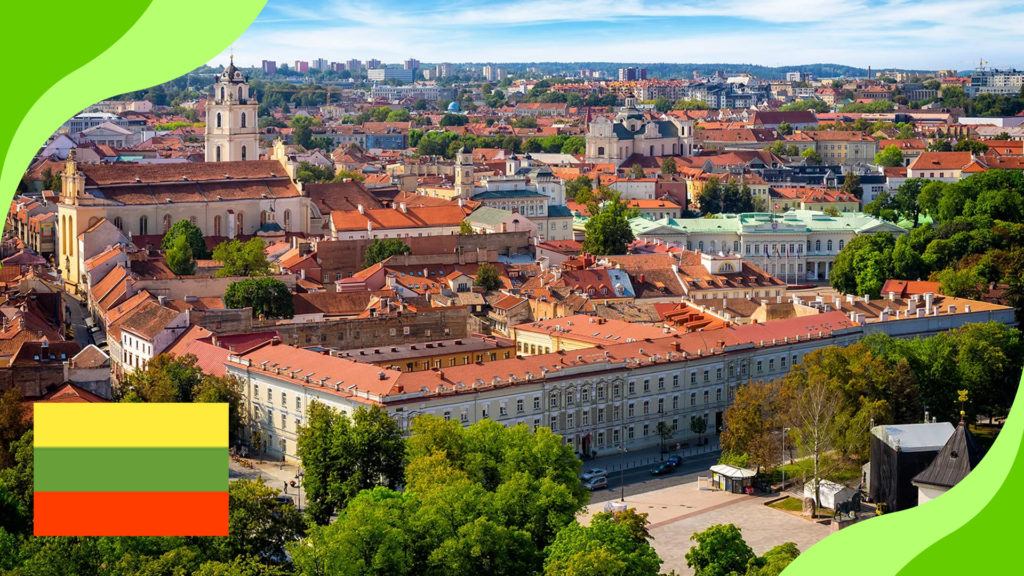
Studying in Lithuania offers an excellent European education in a culturally rich environment. Here are the key details and requirements for studying in Lithuania.
Students typically need to have completed secondary education or equivalent qualifications for undergraduate programs.
For master’s programs, a relevant bachelor’s degree is required.
English language proficiency (TOEFL, IELTS, or equivalent) may be necessary for non-native English speakers.
International students from non-EU/EEA countries need a student visa.
Applicants must secure admission to a Lithuanian university before applying for a visa.
Proof of sufficient funds to cover living expenses is essential.
The Lithuanian government and many universities offer scholarships to international students.
The most notable scholarship is the Lithuanian State Scholarship Program for full-time bachelor’s, master’s, and Ph.D. studies.
Lithuania has a range of universities offering diverse programs in English.
Some prominent institutions include Vilnius University, Kaunas University of Technology, and Vytautas Magnus University.
Courses in fields like IT, engineering, business, and medicine are popular among international students.
Lithuania offers a relatively affordable cost of living compared to many Western European countries.
Monthly living expenses, including accommodation, food, transportation, and leisure, can vary but often range between €400 to €700.
Tuition fees vary depending on the university and program but are generally lower than in Western Europe.
Lithuania boasts a high-quality education system with a strong emphasis on research and innovation.
The country has a rich cultural heritage, vibrant cities, and beautiful natural landscapes, offering an excellent quality of life for students.
It’s a safe and welcoming destination for international students.